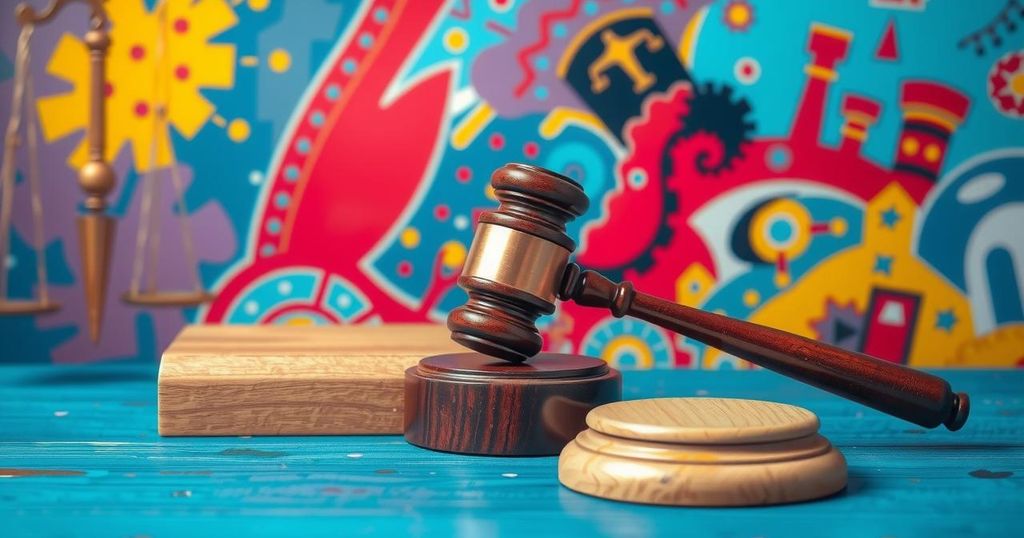Kenyan Court Permits Landmark Lawsuit Against Meta Over Tigray Conflict
A Kenyan court has allowed a lawsuit against Meta, alleging that Facebook incited ethnic violence during Ethiopia’s Tigray conflict. The plaintiffs claim Facebook’s algorithm promoted hate speech, and they seek a $2.4 billion restitution fund. Meta denies the allegations, citing investments in safety measures. The ruling signifies increased accountability for tech companies concerning harmful online content.
The Kenyan High Court has permitted a significant lawsuit against Meta, parent company of Facebook, regarding its alleged role in escalating ethnic violence during the Tigray conflict in Ethiopia. The lawsuit, initiated by two Ethiopian nationals, pertains to claims of hate speech and the promotion of violent content on Facebook, asserting that the platform’s algorithm intensified harmful communications.
The plaintiffs, Abrham Meareg and Fisseha Tekle, contend that Facebook contributed to violent incidents from 2020 to 2022. Meareg lost his father, professor Meareg Amare, after his location was publicized on Facebook, accompanied by violent threats. Tekle, a former Amnesty International researcher, reported facing online hostility for his coverage of the conflict. The plaintiffs seek $2.4 billion in restitution for victims and demand modifications to Facebook’s algorithm to deter hate speech dissemination.
Meta has refuted the accusations, claiming its commitment to safety and content moderation in conflict regions. They assert that local legal systems lack jurisdiction in matters concerning their operations unless they are formally registered. Nonetheless, the court’s ruling highlights a growing demand for accountability from tech companies regarding the content they host and their global responsibilities in curbing harmful online communications.
“This ruling offers hope that marginalized groups can access justice no matter where they are in the world,” stated Mandi Mudarikwa from Amnesty International. She underscored the need to reconsider the perception of non-Western nations as mere profit-making markets, devoid of accountability.
The Kenyan High Court’s ruling represents a pivotal moment in the accountability of tech giants such as Meta for their role in handling harmful content on social media platforms. The case underscores the necessity for reforms in content moderation and the ethical responsibilities of these companies, particularly in conflict zones. As legal actions like this unfold, the potential for marginalized communities to seek justice is significantly enhanced.
Original Source: northafricapost.com




Post Comment